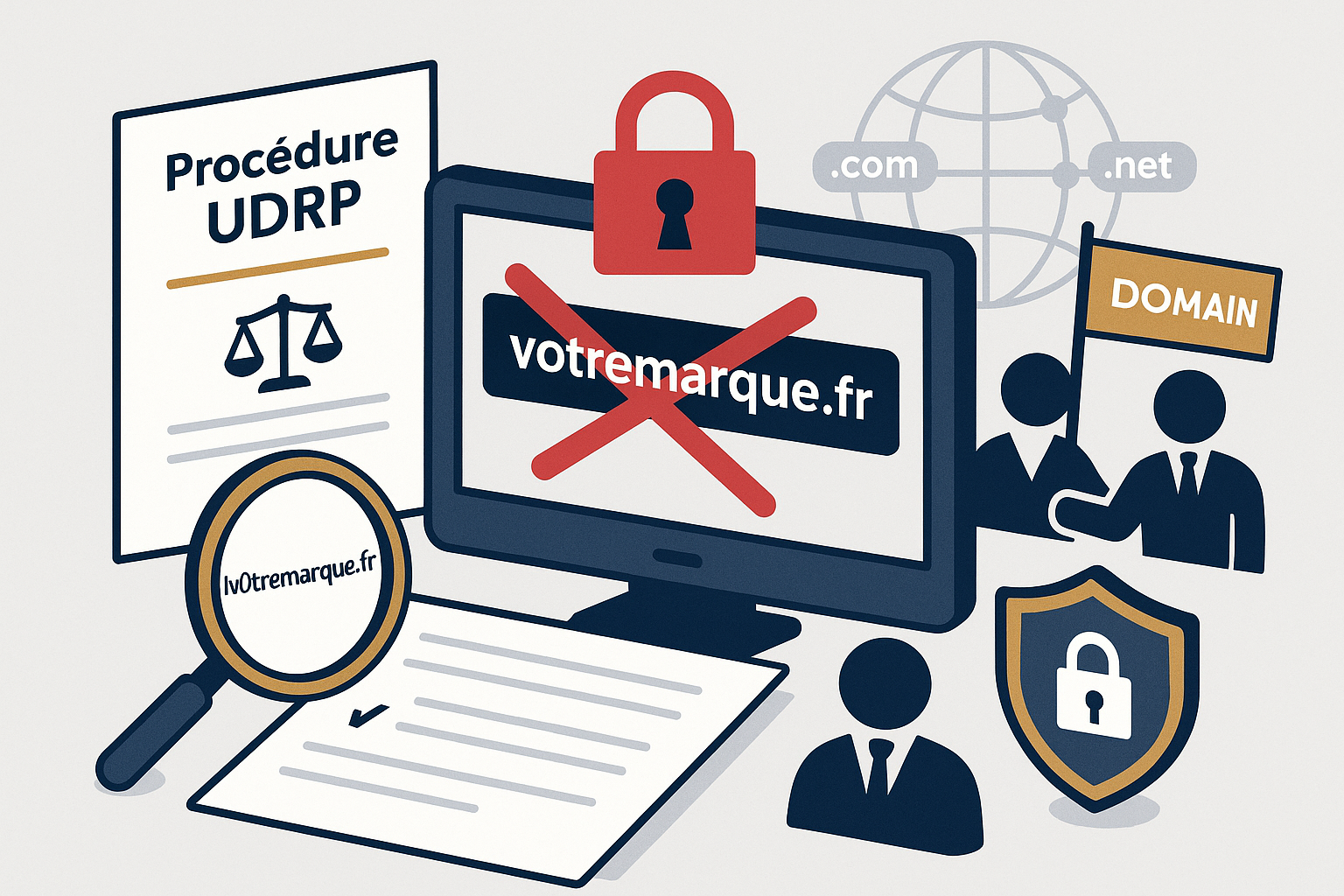In an increasingly digitalized world, the protection of personal data has become a major concern for companies and employees alike. The application of the European General Data Protection Regulation (GDPR ) imposes a crucial obligation on employers, and more specifically on Human Resources Managers (HRMs), to faithfully inform employees about data processing that concerns them. This obligation is not only a matter of legal compliance, but also a matter of trust vis-à-vis employees. Indeed, as emphasized by the Cour de Cassation in a fundamental 2018 ruling, clear and transparent information is essential to ensure that employees' rights are respected. This article will explore the specific requirements this entails, while outlining the information obligations imposed on HRDs and the key interpretations provided by case law. With a thorough understanding of information obligations, HRDs will be able to ensure effective compliance and proper management of personal data in the workplace.
If you are looking for a personal data lawyer, contact me!
What are the information obligations of HRDs with regard to RGPD?
HRDs are faced with critical issues concerningemployee information on personal data processing. Indeed, compliance with the European General Data Protection Regulation (RGPD ) and Law no. 78-17 of January 6, 1978, as amended, imposes precise obligations that companies must respect to guarantee the protection of their staff's data.
The main information obligations of HR departments include :
- Transparency: Inform employees about the purposes of data processing, the categories of data collected, the retention period and the recipients of the data.
- Right of access: Employees must be informed of their rights, including the right to access their data and request corrections.
- Main features: This includes the purpose of the processing, the security measures implemented, and any data transfers outside the European Union.
- Prior information: In accordance with article L.1222-4 of the French Labor Code, employees must be informed in advance of any collection of personal information concerning them.
The obligation to providefair information does not end with a simple list of obligations, but also implies the need for clear and accessible communication. It is crucial that HR departments ensure that the information provided is understandable and relayed to employees on an ongoing basis, to avoid any defect in consent. A CNIL lawyer can assist companies in implementing these obligations.
These requirements for clarity and transparency take on their full meaning at the heart of the European provisions, which aim to strengthen employee confidence. Recognition of employee rights is therefore a fundamental pillar of the RGPD.
Last but not least, it is essential to point out that compliance is not only measured through legal obligations, but also forges the culture of a company attentive to the respect of its employees' data. HR departments therefore have a strategic role to play in this respect, helping to create an environment of trust. This dynamic not only reinforces the legal framework, but also fosters a calm and respectful working climate.
Let's now consider how the French Supreme Court has interpreted the notion of fairness in employee information, and what implications this has for HR practices.
How does the French Supreme Court interpret the notion of loyalty in employee information?
The notion of fairness in the provision of information to employees is a fundamental concept that has been clarified by the Cour de Cassation in a number of judicial decisions. This notion implies an obligation to provide information that is not only accurate, but also clear and accessible, enabling employees to make informed decisions about their personal data.
According to a major ruling by the French Supreme Court in 2018, it was emphasized that the information provided to employees must be proportionate to the risk associated with the processing of their data. This approach translates into the following:
- Clarity of information: HR managers must ensure that information on data processing is explicit, avoiding ambiguities that could undermine employee consent.
- Facilitated access: Case law insists on the need for facilitated access to information concerning the processing carried out, which includes the provision of an HR charter or a dedicated document explaining the principles of processing.
- Risk assessment: HR managers are asked to assess and anticipate the potential risks associated with data collection, ensuring that every employee is aware of the implications of how their data will be used.
These elements reinforce the idea thatfair information for employees is not limited to the provision of minimal information, but implies an active commitment on the part of HR departments to guarantee transparency. To this end, the appointment of a Data Protection Officer (DPO) can serve as a point of contact for employees, enabling them to ask questions and obtain clarification regarding their data.
Case law also insists that HR departments must be proactive in updating the information provided, particularly in the event of changes in processing practices or the objectives pursued. This dynamic not only ensures compliance with legal obligations, but also helps to establish a climate of trust between employer and employee.
The French Supreme Court 's interpretation of the fairness requirement highlights the importance of effective, long-term communication. With this in mind, it is crucial to look at the concrete actions HR departments can take to comply with these regulatory requirements.
What practical steps should HR departments take to comply with the regulations?
To ensure effective compliance with the requirements established by the RGPD and the "Informatique et libertés" law, Human Resources Departments (HRDs) must engage in a series of key actions. These actions aim not only to comply with information obligations, but also to establish a climate of trust between employer and employees.
Here are the main actions to consider:
- Create a global data processing map: This involves identifying all personal data processing in progress, ensuring regular monitoring for proactive updating. This mapping can include specialized software and databases for HR data management.
- Draw up a Data Processing Activity Register: This register must include essential details such as the purpose of processing and the security measures in place, while also being accessible to employees.
- Distribute an HR Charter: This charter should set out the main features of data processing. It should be posted on the company's intranet and included in new employee induction packs.
- Train the staff concerned: Make employees aware of their rights, in particular their right of access and rectification, so that they can exercise these rights in an informed manner.
- Consolidate employment contracts: Revise employment contracts to include endorsements relating to personal data processing, to guarantee total transparency.
These actions should not be seen as administrative formalities, but as an essential step in promoting respectful management of employees' personal data. By establishing clear and transparent practices, HR departments can not only avoid sanctions in the event of non-compliance, but also reinforce loyalty and trust within the company.
In short, compliance should not be seen as a constraint, but rather as an opportunity to improve relations within the organization. It is in this dynamic that the culture of data protection can truly take shape, ensuring greater respect for employees' rights with regard to personal data.




